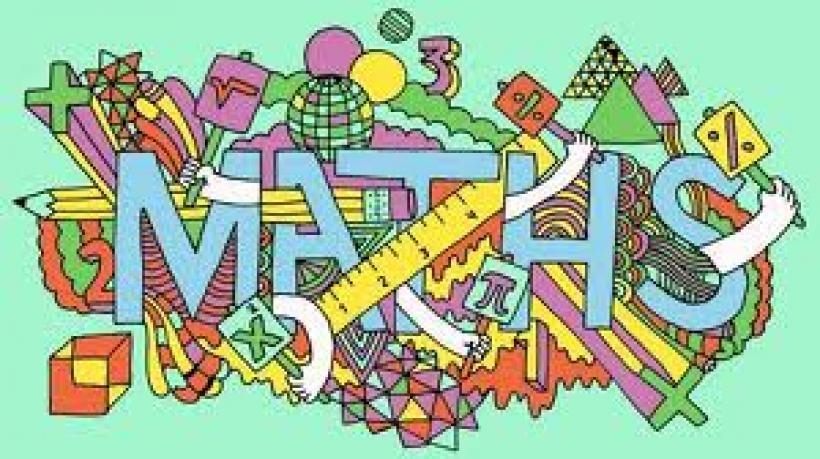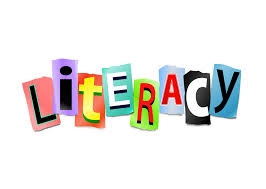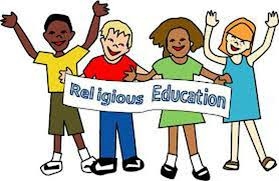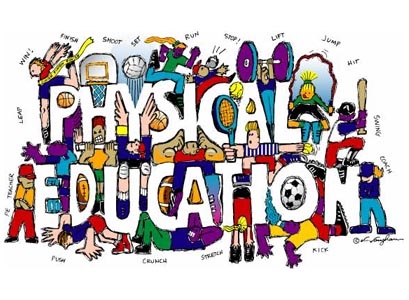
Welcome to Year 2, Fatima class!
Our teacher is Ms Soto and our teaching assistant is Mrs O’ Gorman.

Our topics for this term will be:
-
Multiplication and Division,
-
Fractions
-
Time.
Place value, addition and subtraction will be revisited where possible through extra challenges or starters.

In Literacy we will be reading ‘The Colour Monster’, ‘Paddington’ and ‘Lila and the Secret of Rain’. We will complete work related to each of these stories. We will also look at Newspaper Report writing, linked to our History topic, The Great Fire of London. There will be a continued focus on grammar, handwriting and reading comprehension throughout the term.
Children will complete regular ‘Big Writing’ tasks linked to each text. They will continue to develop their editing skills by reviewing their own work and trying to make improvements.

Please ensure that your child brings their reading book into class every day and ensure you are reading regularly with your child at home. Remember to ask your child questions about the text they read as this will help them to improve their comprehension skills. Please note that reading records must be signed by an adult each time a child has read, this may only be a page from a book but must still be recorded in the child’s reading record book. Children are given a reading book on Mondays and some children will still receive a Monster Phonics book on a Friday. All books must be returned on Mondays.

Galilee to Jerusalem
In this branch, pupils will deepen their knowledge from Year One about who Jesus is and understand how he teaches about the nature of God through parables and miracles. Across this year, pupils have learned that God calls people back to Him in the story of Noah and that the Sacrament of Baptism welcomes people into a relationship with God in the Christian family. In this branch, pupils will revisit these themes by looking at the baptism of Jesus and thinking about how Christians use prayer as a way of turning back to God alongside the symbolism of water as a sign of cleansing and new birth.
Desert to Garden
In this branch, pupils in Year Two will revisit scripture from the previous year to consolidate learning about the events of Holy Week. They will make links between the forgiveness Jesus shows at his Crucifixion and the ministry of Jesus studied in the previous branch. They will also explore how Lent is a time of reconciliation and forgiveness for Christians because they want to restore their relationship with God to be ready to celebrate the Resurrection. They will develop an early understanding of the Sacrament of Reconciliation.

Animals including Humans
•What animals, including humans, need to survive.
•Identify the offspring of different animals.
•Identify and explain the life cycle of different animals, including humans.
•Describe the importance for humans of exercise, eating the right amounts of different types of food, and hygiene.
Plants:
-
Identify parts of a seed
-
Investigate what plants need to grow.
-
Learn about the life cycle of a plant and compare how seeds and bulbs grow and mature.
Working Scientifically:
-
Ask relevant questions; use different types of scientific enquiries to answer them.
-
Set up simple practical enquiries, comparative and fair tests.
-
Identify differences, similarities or changes related to simple scientific ideas and processes.
-
Make systematic and careful observations and, where appropriate, take accurate measurements using standard units; use a range of equipment, including thermometers and data loggers.
-
Record findings use simple scientific language, drawings, labelled diagrams, keys, bar charts and tables.
-
Report on findings from enquiries, including oral and written explanations, displays or presentation of results and conclusions.
Science Ninja:
The children will have the opportunity to gain a science ninja sticker. These focus on the key skills:
-
Recording
-
Observing
-
Measuring
-
Equipment

Following the Kapow scheme of work.
In ICT we will learn about ‘online safety.’ Children will learn how to keep safe online and to understand why sharing personal information is dangerous.
We will also look at ‘Data Handling’ and begin to read and record data using simple programs.

History: The Great Fire of London
In History we will be learning about the Great Fire of London. The children will be ordering the events, answering questions and writing all about the historical events of London.
Geography: Climate
We will be learning about different climates of the world, locating them on a map and comparing and contrasting them to one another.

Children will have PE lessons on Mondays and Fridays. Please ensure that your child comes to school in their PE kit (a round neck t-shirt, not a polo shirt please) and that each item is clearly labelled. Children are not allowed to wear earrings during P.E. (it would be helpful if they didn’t wear them at all on these days).

Art
In Art we will be learning different art skills. The children will be sketching, painting, using pastels and drawing from observation. Our topic this half term is ‘Pointillism ‘where the children will learn about the famous artist called George Seurat.

D&T
Following the Kapow scheme of work.
Spring 1: Baby Bear’s Chair
We will be looking at building stable structures.
Spring 2: Fairground Wheel
Design and create a rotating fairground wheel model.

PSHE- Following TenTen Life to the Full

Module 2: Created to Love Others
Created to Love Others explores the individual’s relationship with others. Building on the understanding that we have been created out of love and for love, this module explores how we take this calling into our family, friendships and relationships, and teaches strategies for developing healthy relationships and keeping safe.
Homework
Homework will be given out on Thursdays and will need to be returned to school for marking on Monday. Alongside homework it would be helpful to your child if you could help them practise reading and writing spellings given each week, reading and spelling common exception words and helping them practise the two, five and ten times tables (please note they must know these in sequence, mixed up and related division facts). Spellings and tables will be assessed weekly. Please not that additional work may be given to your child during the week to aid their learning.
Edward De Bono's six thinking hats
We continue to use Edward De Bono's six thinking hats to help us to organise our thinking and process or ideas. There are 6 hats and each has a different colour and so a different use or meaning. When children answer questions in class, each question will have a different colour hat attached to it. The diagram below shows you in better detail how we use them. Ask your children what hats they have used in their learning today!
Habits of Mind
The Habits of Mind are a collection of 16 thinking dispositions designed to help children develop their critical and creative thinking skills. Every week children are taught to use a different ‘habit of mind’ to help with their thinking and apply this to their work.
Visual Maps
The children are now using visual tools in all areas of their learning. These tools help the children map out their ideas and organize their thinking.